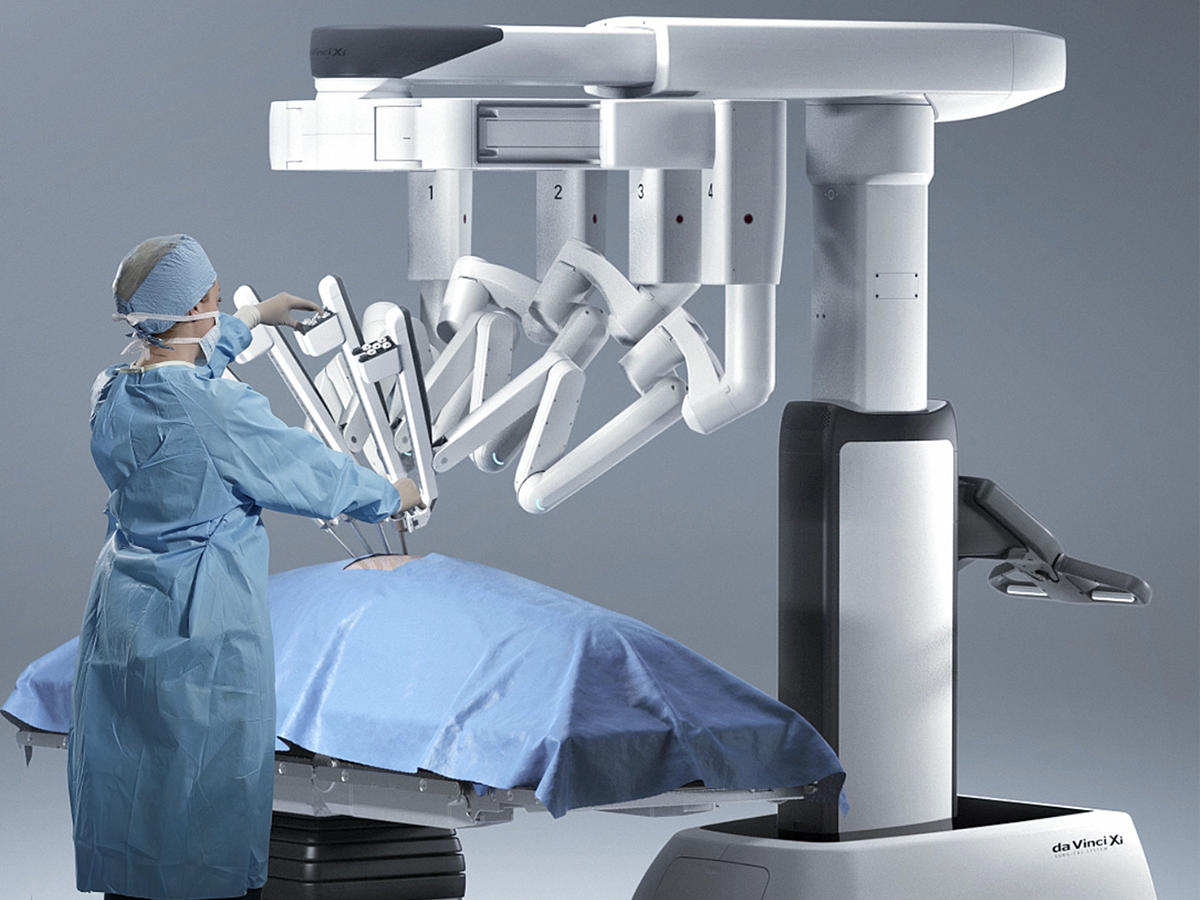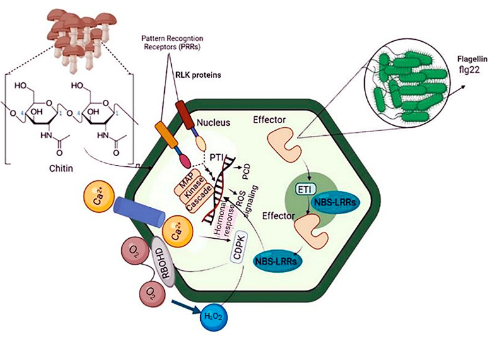To better understand the relationship between gene expression and the risk of autoimmune diseases, a research team at Pennsylvania State University created the novel artificial intelligence model EXpression PREdiction with Summary Statistics Only (EXPRESSO). This tool models the expression and regulation of genes linked to autoimmune diseases by combining 3D genomic data, single-cell expression quantitative trait loci, and epigenetics. By doing this, it hopes to find more risk genes and enhance autoimmune disease treatments.
A class of illnesses known as autoimmune diseases occur when the body’s immune system unintentionally targets healthy cells. These illnesses can impact different organs and tissues, which can result in long-term health problems and a lower standard of living for those who are afflicted. Lupus, multiple sclerosis, rheumatoid arthritis, and type 1 diabetes are a few examples of autoimmune illnesses.
The EXPRESSO method solves a significant shortcoming in the methodologies used in genomic research today, particularly with regard to genome-wide association studies (GWAS). Even though GWAS can locate specific genes that affect illness risk, particularly for complex trait risk genes like those linked to autoimmune diseases, it frequently lacks the granularity necessary to identify regions within the genome associated with various diseases or traits.
The fact that gene expression is frequently cell type-specific is one of the difficulties in researching gene expression and illness risk. It is challenging to identify important causal correlations between gene expression and genetic polymorphisms since conventional methods, such as GWAS, are unable to discriminate between different cell types.
By examining genomic data at the cellular level, EXPRESSO circumvents this barrier and enables researchers to determine the effects of genes on disease risk that are specific to particular cell types. This expertise is essential for deciphering the complex mechanisms behind autoimmune disorders and creating focused treatments.
Using 14 GWAS datasets spanning a variety of autoimmune disorders, such as ulcerative colitis, lupus, rheumatoid arthritis, and Crohn’s disease, the researchers employed EXPRESSO. In contrast to current approaches, EXPRESSO was able to find more than 25% more unique gene and trait connections associated with autoimmune disorders.
The significance of cell-type-specific effects in gene expression was emphasized by the study’s senior author, Dr. Bibo Jiang, an assistant professor at the Penn State College of Medicine: “With this new method, we were able to identify many more risk genes for autoimmune disease that actually have cell-type-specific effects, meaning that they only have effects in a particular cell type and not others.”
These findings have important implications for improving existing therapeutics and identifying new treatment strategies for autoimmune diseases. Currently, most treatments for autoimmune diseases focus on managing symptoms rather than curing the underlying condition. However, genomics and AI offer promising avenues for developing novel therapeutics that target the root causes of these diseases.
Co-senior author Dr. Laura Carrel, a professor of biochemistry and molecular biology at the Penn State College of Medicine, emphasized the potential of genomics and AI in drug discovery and development: “Most treatments are designed to mitigate symptoms, not cure the disease. It’s a dilemma knowing that autoimmune disease needs long-term treatment, but the existing treatments often have such bad side effects that they can’t be used for long. Yet, genomics and AI offer a promising route to develop novel therapeutics.”
The study team used EXPRESSO to find FDA-approved medication substances like vitamin K and metformin that might be modified to change the expression of certain genes in cell types linked to conditions like ulcerative colitis and type 1 diabetes. Repurposing current medications for novel therapeutic applications is a practical and economical tactic that may result in the creation of more specialized and potent autoimmune disease treatments.
The EXPRESSO tool will next be validated in lab and clinical trial settings, according to the researchers. In order to guarantee the AI model’s accuracy and dependability in practical applications, this validation procedure is essential. If EXPRESSO is successful, it could completely change the way we think about and treat autoimmune disorders, opening the door to precise and individualized medical strategies based on each patient’s unique genetic profiles and disease risks.
the Pennsylvania State University research team’s creation of the EXPRESSO AI model marks a substantial breakthrough in the study of genetics and the management of autoimmune diseases. EXPRESSO offers a comprehensive and cell-type-specific picture of gene expression patterns relevant to autoimmune disorders by combining single-cell expression data, 3D genomic information, and epigenetics. This information can help in the creation of novel treatments, the repurposing of already-approved medications, and the creation of individualized care plans for autoimmune disease sufferers. For EXPRESSO to be widely used and have an impact on precision medicine, more validation and improvement are required.








